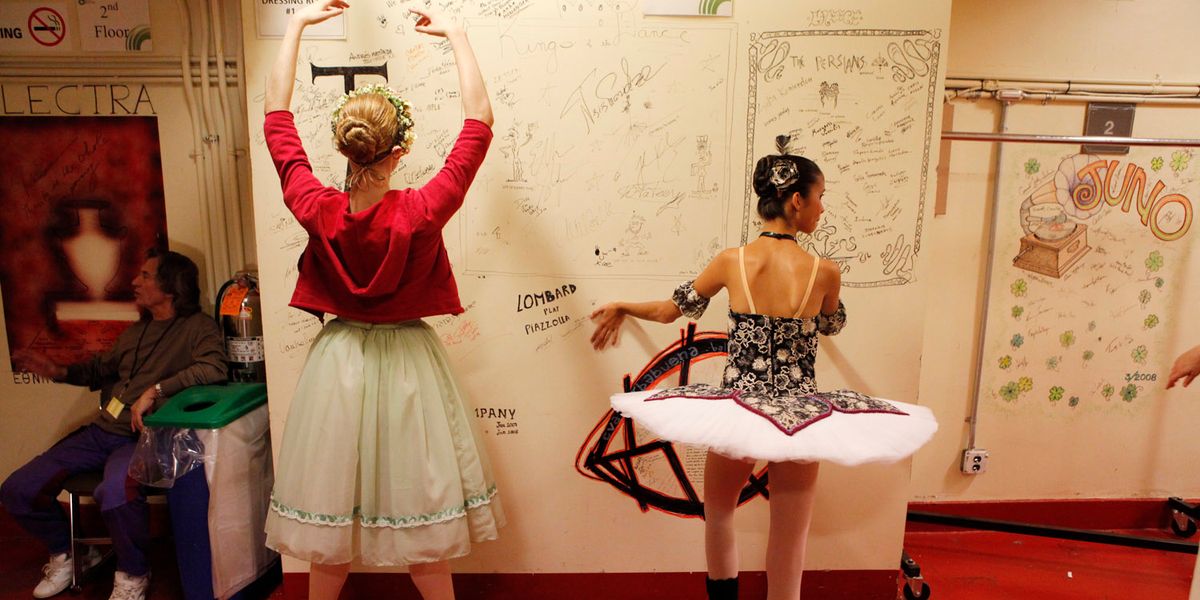Why You Should Embrace Your Performance Anxiety
The range of emotions dancers feel during performances can run the gambit from calm transcendental elation to complete dread. If you’re the shaking and sweating sort, there’s good news for you: Those performance jitters don’t have to be a bad thing.
Dr. John Raglin, a professor of kinesiology at Indiana University whose work examines the interface of mind and body and exercise, explains that each dancer has their own level of optimum performance anxiety. How dancers respond to their anxiety can help them perform at a higher level more frequently.
Figuring out how you operate is as simple as honestly reflecting on your performances. Think of your best performances, those that you would classify as “great.” Then, think of where your anxiety level was before that performance. Were you anxious and chanting “calm down” under your breath? Were you confined to the bathroom for long periods of time before the show?
If these instances occurred before your best performances, it’s possible that you just operate best in a more anxious head space. Embrace that as your normal.

Once you know yourself, what happens if you are partnered with someone whose optimal anxiety differs from your own? Practice any steps, lifts, turns well ahead of the show and then prepare separately before meeting up to go onstage. Removing yourself from an unhelpful environment can allow you to preserve your own ideal levels of pre-show anxiety.
Your natural anxiety levels can contribute to the longevity of your career. “If you need this high emotional state to do your best in class and on the stage, it can be very taxing,” says Raglin. All dancers have known one of those calm performers who always seem to feel lighthearted and easygoing when the rest of the world is freaking out. Odds are good, those will be the super-humans who dance for decades on end.
If you are one of those dancers who finds the building of prickly, uncomfortable fear before every performance detrimental, Raglin suggests scanning yourself in any nervous moment to find what positive emotions are present.
“Once you start looking for them, those positive qualities rise to the surface,” he says.
When you begin to feel overwhelmed, remember that you are doing something very special onstage. Take a breath and marvel at the physical reaction that caring so much about your craft can create.




